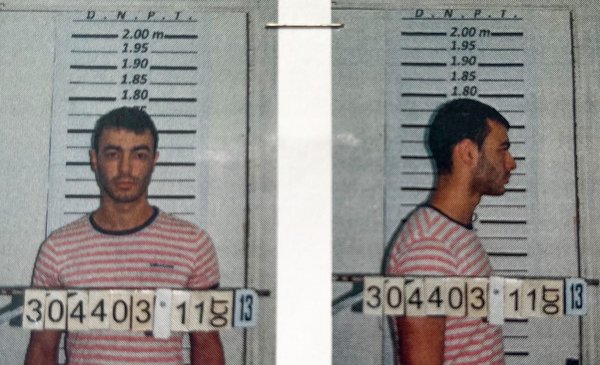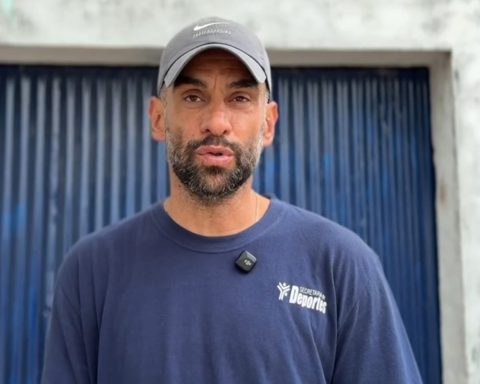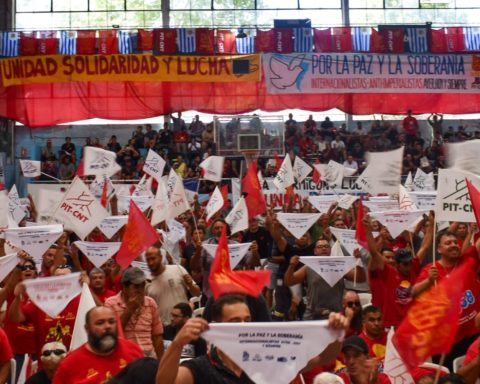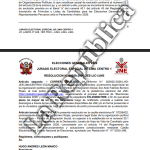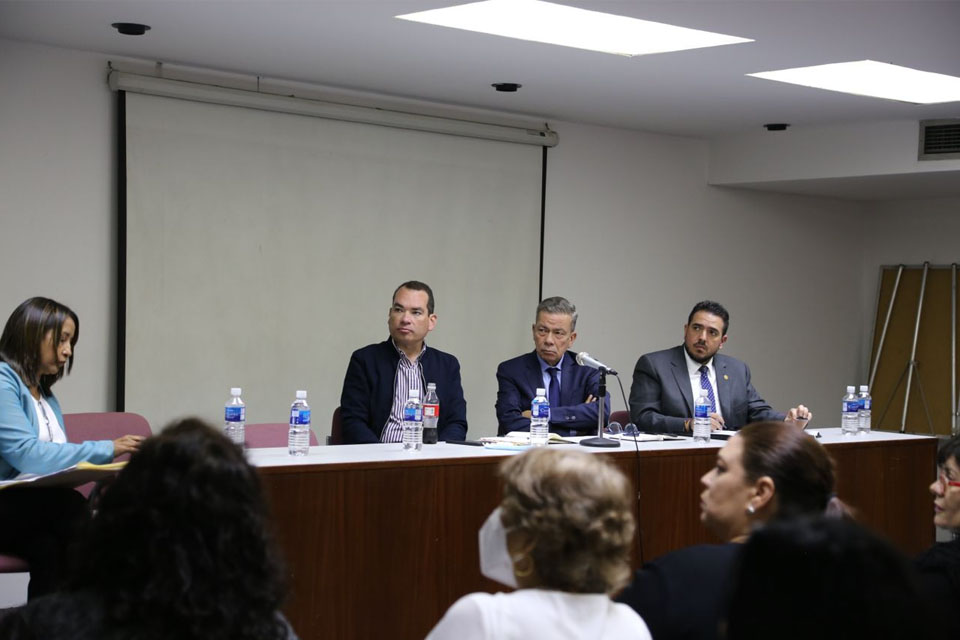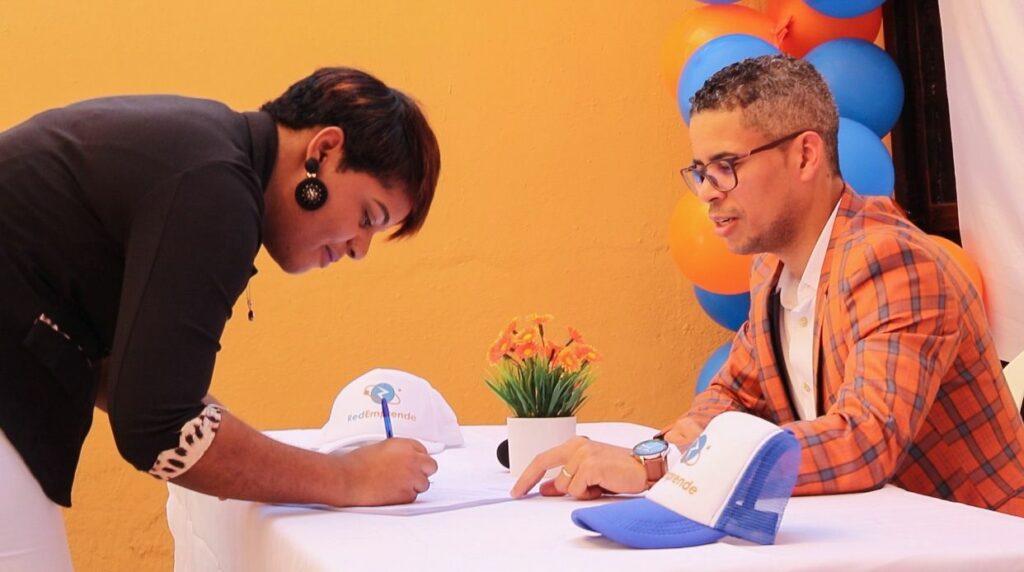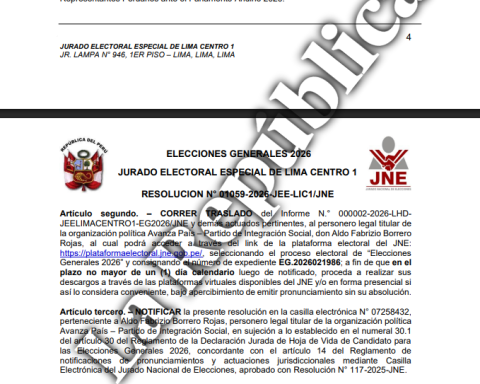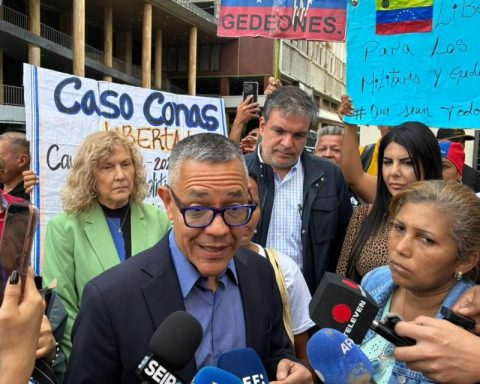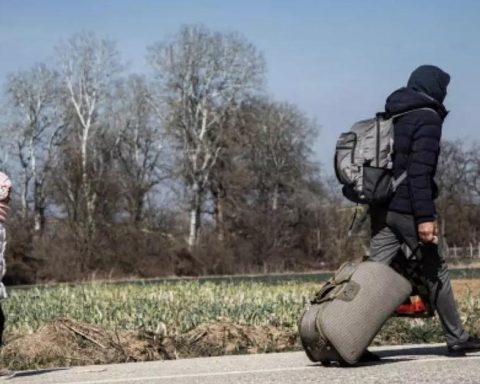When the lawyer Carlos Balbi collected the Uruguayan passport of the drug trafficker Sebastian Marset, issued on November 25, 2021 in Uruguay, to take it to United Arab Emirates where he was detained, those who were part of the process did not expect that a year and two months later a chat between two government authorities put into discussion again who was responsible for issuing the document.
On November 3, 2021, the Undersecretary of the Interior, Guillermo Macielhe sent a message to the vice chancellor Carolina Achein which he consulted him about the situation of Marset, whom he defined as a “very dangerous and heavy drug trafficker”, and assured that his release “would be terrible.”
The chat, which went public this week, aroused criticism from both the ruling party and the opposition, that they ask for responsibilities for the delivery of the passport. The possibility of accessing a Uruguayan travel document was used as an argument by the defense of Marset, led by the lawyer Alejandro Balbi, to free the drug trafficker, arrested in the UAE for entering with a false Paraguayan passport, and taken into account by the Emirati justice system.
Although all parties ask Investigate the situation before pointing responsible and that President Luis Lacalle Pou make a decision –that several actors, such as Guido Manini Ríos, understand that It may be the displacement of some hierarch–, The Ministry of the Interior and the Foreign Ministry are responsible for issuing a passport.
The first was Carolina Achewho pointed to Maciel: “Whoever was telling me that did it from the place where the passport ended up being printed,” said the vice chancellor in an interview with El País, referring to the consultation of the Undersecretary of the Interior.
However, sources from the Ministry of the Interior explained to The Observer that Interior only dealt with an administrative procedure to verify judicial records in the countryrequirement for the issuance of a passport abroad in the previous regulations, changed after the Marset case became public.
The director of Civil Identification, José Luis Rondán, expressed himself in the same vein and said that although initially “all the bullets” in the Marset case were initially pointed in his direction because “at the beginning everything was very mixed up.” But now, Rondán added in dialogue with the Montevideo Portal, it is “clear” that “Civil Identification in this case is one more link in the process,” and that it was the Foreign Ministry “the one that had the last word” in the delivery of the document.
For the Ministry of the Interior, the previous regulations make it clear that the person responsible for issuing the Marset passport was chancelleryfor which they abide by the Article 3 of Decree No. 129/014which indicates that Abroad, the competent authority to issue a “common passport” is “the Ministry of Foreign Affairs (MRREE) through consular officers.
They even point out that in Marset’s passport it is read that the authority that issued it was the MRREEunlike passports issued in the country, which indicate They are from the National Directorate of Civil Identification (DNIC), under the Ministry of the Interior.
Passport of Sebastián Marset
Referring to Maciel’s message, the Ministry clarified that “they did not know” at that time that Marset “was going to get a passport”and that Maciel was “asked” about the situation of the drug trafficker from the anti-drug brigadenot because it was under investigation, but for a matter of “intelligence”. When you received the inquiry, the undersecretary transferred it to Ache.
Despite this, the messages sent by the Uruguayan consulate in the United Arab Emirates show that Interpol Uruguay was informed of the arrest and that when the passport process began, he was asked if he had a criminal record or requisition.
“On October 28, 2021, the Department of Travel Documentation of this Ministry sent by email to Interpol Uruguay the message stating the consular visit to Mr. Marset as a detainee. Through said message, it was requested to know if he had a record and/or requisition” , says a report prepared by the Directorate of Consular Affairs of the MRREE.
In that email, in addition to the consular report on the visit, the identity confirmation made by the Consular Office was attached through the system integrated with the National Directorate of Civil Identification and a digital certificate of Uruguayan criminal records sent to the consulate by Balbi, one of Marset’s lawyers.
“It should be noted that the aforementioned steps have been taken in order to take pertinent precautions and inform the competent authorities,” the report added.
Finally, it is worth noting that the passport process began through the consular office by entering the applicant’s data, including their fingerprints, photograph, and signature. “Through this system, all the information is automatically sent to the Ministry of the Interior, so the latter proceeds to analyze it, carry out security controls, authorize/deny it and, if applicable, subsequently print the passport.”
This report is the one that Ache points out to mention the responsibility of the Interior in the process.
